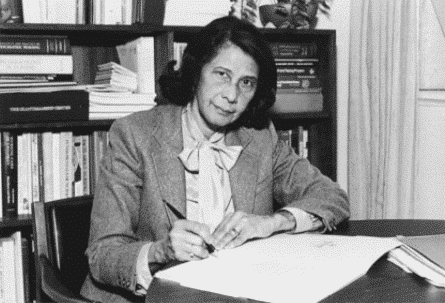The goal of IF is to promote thoughtful consideration of a wide range of contrasting conceptual possibilities for public policy in our selected areas of public policy concern. We try to achieve this goal by conducting in depth ‘sanctuary’ discussions with panels of experts and ordinary citizens, typically over a period of a year to a year or more, in which our panelists explore an area of public policy concern in both depth and breadth; develop a wide range of contrasting conceptual possibilities for addressing it; consider the possible practical consequences of adopting each of the possibilities they develop; and publish the conceptual possibilities that they have explored and developed for further ‘public discussion’.
To date, most of IF’s ‘public discussions’ have taken the form of small group discussions of our reports that are organized and conducted by a facilitator. They are, to that extent, much like the ‘sanctuary’ discussions that produced them, and the main thing that makes them ‘public’ is that we do not ask their participants to sign confidentiality agreements, as we do in our ‘sanctuary’ discussion projects. There are, however, many different forms of public discussion, and a wide range of contrasting conceptual possibilities for how they might occur.
This is because discussions can be ‘public’ in several different senses. There are, for example, discussions that are public in the sense that they are about public affairs—as opposed to private affairs. They may take place in the privacy of somebody’s study, or over a backyard fence, or even in the Senate and House of Representatives. And our ‘sanctuary’ discussions would count as public discussions in this sense. There are also discussions that are ‘open to the public’ in the sense that anybody and everybody is invited to participate in them, if only to listen. There are discussions that take place in the public arena, including the halls of academe, government, think tanks, and the media. And there are discussions that are publicized in newspapers, magazines, journals, radio, TV, and the Internet.
Indeed, the mere reading of one of our reports, which should expose a person to the wide range of contrasting possibilities that its panels developed to address its area of concern, can easily lead to a thoughtful ‘discussion’ of contrasting public policy possibilities in one person’s mind—something akin to what John Kennedy thought occurred in the White House on those evenings when Thomas Jefferson dined alone.
Not all of these ‘public discussions’ are amenable to the ‘small group’ format that we usually use, which emphasizes face-to-face interaction with one’s neighbors and fellow citizens over, or accompanied by, a meal. But it is obvious that they can all lead to the thoughtful consideration of a wide range of contrasting conceptual possibilities pertaining to public policy concerns. And they are, for this reason, all worthy of further exploration and development by IF.



